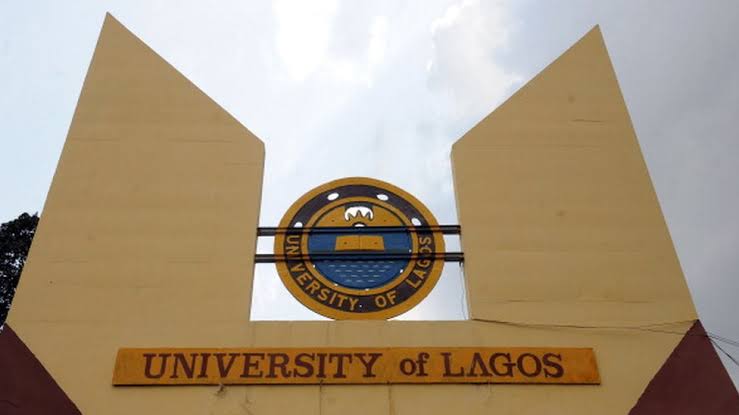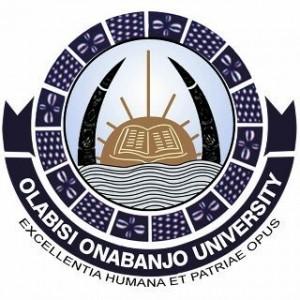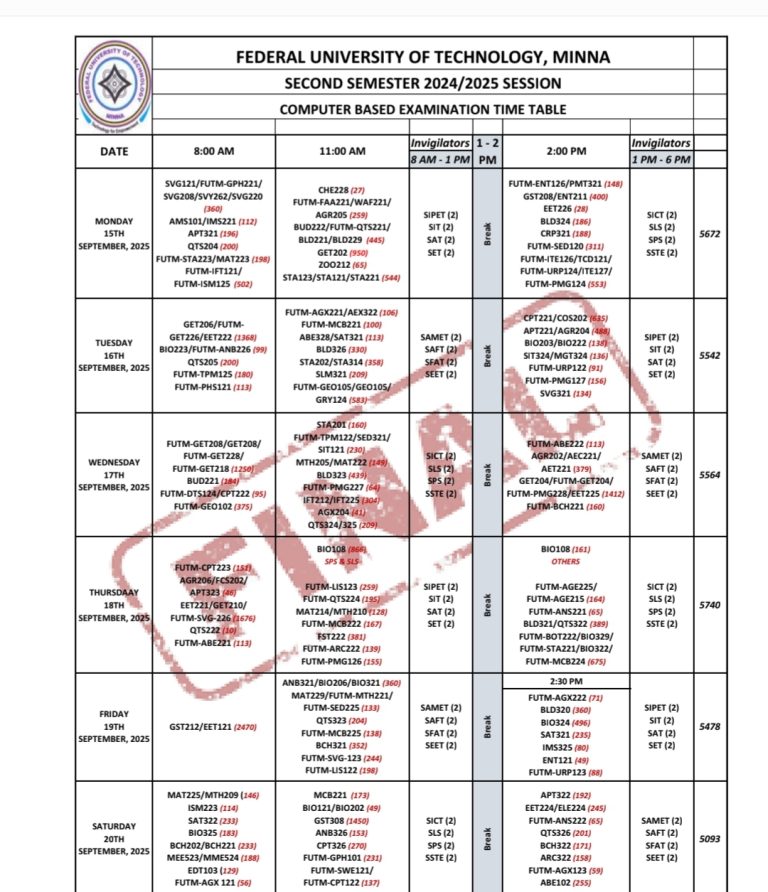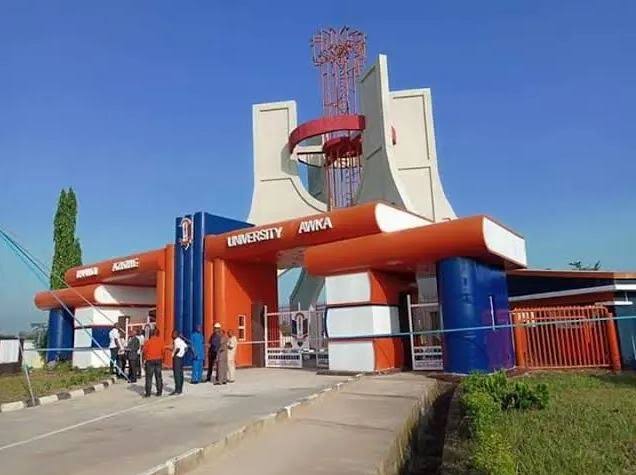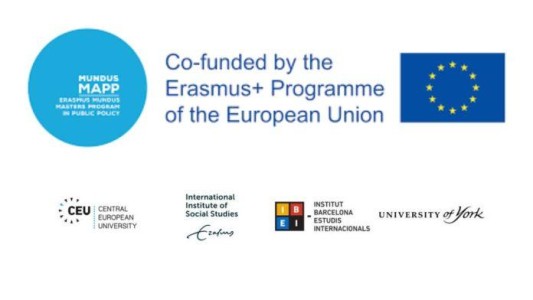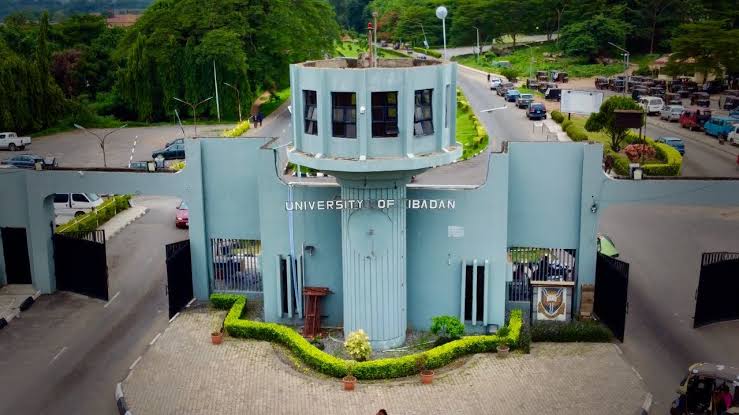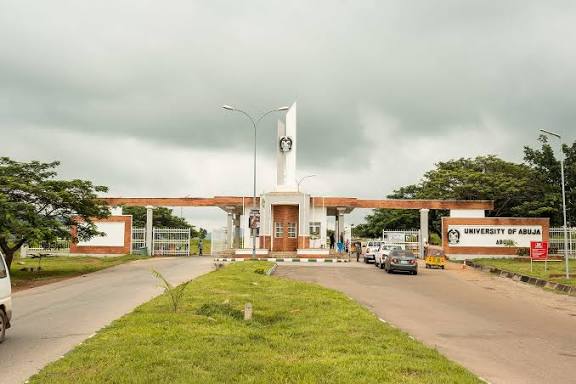The University of Lagos (UNILAG), one of Nigeria’s most respected institutions of higher learning, has once again found itself at the center of a disturbing controversy. A senior lecturer in the Faculty of Management, Dr. Samuel Ojogbo, is under investigation for allegedly raping a 20-year-old female undergraduate within the university’s campus.
This case has sent shockwaves across academic circles and has reignited conversations about sexual misconduct, power dynamics between lecturers and students, and the urgent need for institutions to create safer environments for young people.
The Alleged Incident
According to reports, the alleged assault took place on August 22, 2025, around 12:00 noon, when the lecturer reportedly invited the student to his office. What should have been a professional interaction between teacher and student allegedly turned into a nightmare. The student claims she was forcibly subjected to sexual intercourse against her will.
On August 28, 2025, she summoned the courage to officially report the incident to the police. Medical examinations were subsequently conducted, and investigations are now underway to determine the truth behind the allegations.
UNILAG’s Response
The University of Lagos, in an official statement, confirmed awareness of the matter. The institution revealed that it has:
- Referred the case to law enforcement for proper criminal investigation.
- Activated its Safeguarding Centre, a specialized unit that provides support, counselling, and legal assistance to students who experience abuse, harassment, or exploitation.
- Set up an internal investigative panel to review the matter in accordance with university regulations.
UNILAG has repeatedly emphasized its zero-tolerance stance on sexual harassment, urging students and staff to report all forms of misconduct.
Why This Case Matters
This is not just about one incident—it highlights a systemic issue within Nigerian higher institutions. Over the years, reports of lecturers exploiting their authority to demand sexual favors from students have surfaced too frequently. In 2019, the famous BBC Africa Eye “Sex for Grades” documentary exposed lecturers at UNILAG and the University of Ghana who preyed on vulnerable female students.
While UNILAG has since strengthened its sexual harassment policies, the fact that such allegations still emerge underscores the need for deeper reforms and stronger enforcement.
The Power Imbalance in Academia
Lecturer-student relationships are often marked by unequal power dynamics. Lecturers wield control over grades, academic opportunities, and in some cases, even the careers of their students. This imbalance can create a toxic environment where some unscrupulous individuals exploit their positions of authority.
For many students, especially young women, the university should be a place of safety and empowerment. Instead, it sometimes becomes a place of fear, secrecy, and trauma.
Legal Implications
If found guilty, the lecturer could face serious legal consequences under Nigerian law. Rape is a criminal offence punishable by lengthy prison sentences. Beyond legal penalties, the lecturer also risks losing his job, academic reputation, and professional credibility.
This case also serves as a reminder that universities are not above the law. Lecturers are not immune from criminal prosecution, and institutions that cover up such cases risk losing public trust.
Protecting Students: What Can Be Done?
To address sexual misconduct in universities, certain steps must be strengthened:
- Awareness and Training – Students should be educated on their rights and the mechanisms available for reporting abuse. Lecturers should also undergo regular ethics and safeguarding training.
- Whistleblower Protection – Victims and witnesses must be protected from retaliation. Fear of victimization is one of the main reasons many students remain silent.
- Transparent Disciplinary Panels – Universities must ensure that complaints are handled fairly, swiftly, and transparently. Secretive processes only deepen mistrust.
- Stricter Penalties – Beyond dismissal, lecturers found guilty of sexual misconduct should be blacklisted from working in any other Nigerian university.
- Student Support Systems – Counselling, legal aid, and safe spaces should be readily available for survivors of sexual violence.
Lessons for the Nigerian Educational System
The UNILAG case serves as a wake-up call for all Nigerian universities. Institutions must move beyond statements of zero tolerance and adopt proactive, student-centered measures. Sexual misconduct in academia is not just a moral issue—it undermines the integrity of the entire education system.
If students cannot feel safe in their learning environments, their academic performance, mental health, and career aspirations are put at risk. Universities, therefore, carry a duty not only to impart knowledge but also to protect and nurture their students.
